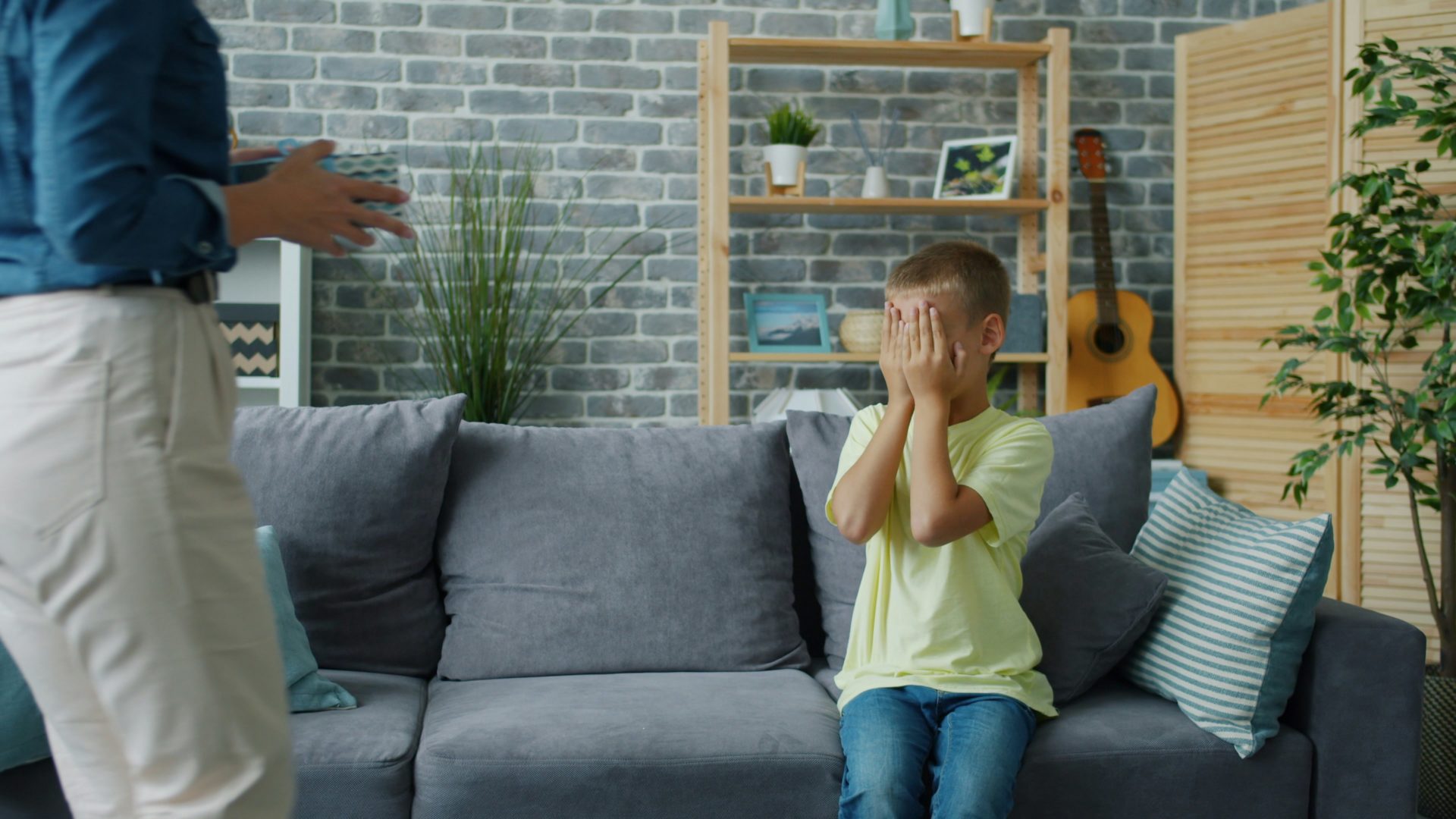
Verbal abuse towards children is often minimised or even ignored. However, a recent study published by The Guardian highlights its devastating effects on long-term mental health. Contrary to what one might think, hurtful words, repeated criticism or humiliation are not harmless. They leave invisible scars that can have a lasting impact on an individual’s psychological well-being, long after childhood.
Words can hurt as much as actions
According to researchers, children exposed to verbal abuse are at increased risk of developing mental health problems in adulthood, such as depression, anxiety or personality disorders. This type of violence, often perpetrated by authority figures such as parents or teachers, can be as destructive as physical or sexual violence.
Insults, mockery, threats or constant criticism affect the child’s emotional and cognitive development. Growing up in an environment where words are used as weapons, children lose confidence in themselves, develop a negative self-image and may find it difficult to form healthy relationships.
A form of abuse that is still too little known
One of the strengths of the study is that it calls for official recognition of verbal abuse as a form of abuse in its own right. Too often, it is relegated to the background, considered less serious than physical violence. However, its effects are very real and long-lasting.
The researchers insist that child protection policies must include verbal abuse in their assessment criteria. It is essential that health professionals, educators and families are trained to identify these behaviours and intervene quickly.
Concrete examples and alarming data
The study is based on data collected from thousands of adults who were exposed to verbal abuse during their childhood. The results show that these individuals are two to three times more likely to suffer from mental health issues. For example, a child who is regularly called ‘good-for-nothing’ or ‘stupid’ may internalise these messages and develop low self-esteem, which can lead to self-destructive behaviour in adulthood.
Testimonials collected as part of the study illustrate the lasting pain caused by hurtful words heard years ago. These stories highlight the importance of taking the words we say to children seriously.
Prevention and awareness: a collective responsibility
To combat this silent scourge, it is crucial to raise public awareness. Parents need to be informed of the consequences of their words, even when spoken in anger. Schools can play a key role by implementing prevention programmes and training educational staff to spot the signs of verbal abuse.
In addition, public health campaigns should include messages about the dangers of verbal abuse, just as they do about physical abuse. By changing attitudes, we can hope to reduce the incidence of such abuse and provide children with a healthier and more caring environment.
Conclusion
Verbal abuse towards children is a reality that is too often ignored. Yet its consequences are serious and long-lasting. It is time to recognise this form of abuse, actively prevent it and support victims. Words have immense power: they can build, but they can also destroy. As a society, we have a duty to protect the youngest members of our community from these invisible wounds.